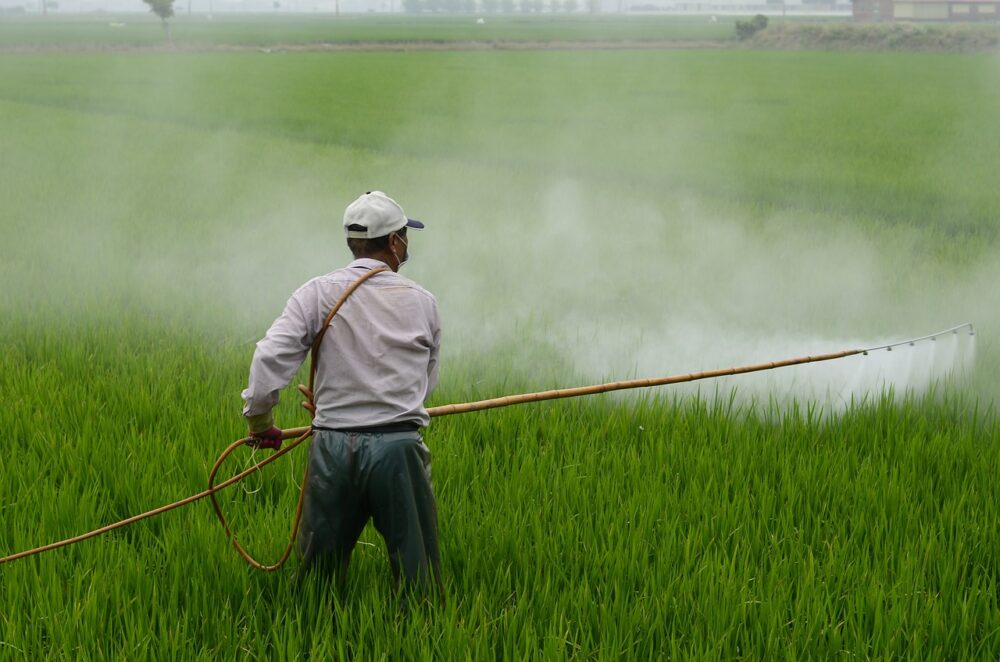India’s ban on 27 pesticides must wait until further notice. The agricultural universities and research ecosystem are yet to develop testing specific to India.
Furthermore, the 27 pesticides account for 50% use of pesticides in the country.
Additionally, the Russian-Ukraine crisis has led to soaring food prices.
Russia and Ukraine are the world’s largest and fifth-largest exporters of wheat.
Moreover, the sudden ban on fertilizers and insecticides in Sri Lanka caused a severe food crisis.
Is a ban on pesticides in India the right move?
The ongoing food crisis has allowed India to rise as a food exporter.
However, a thorough R&D by the pesticide industry, including adopting new technologies, can help India compete globally.
The list of 27 pesticides on the ban list helps Indian farmers to meet importing norms in various countries.
While organic farming may seem attractive, India-specific studies and tests can help determine India’s ban on pesticides.
Additionally, consulting Indian farmers for viable alternatives is necessary before the government bans certain chemicals.
What does India’s ban on pesticides entail?
Pesticides help farmers prevent pests, locusts, and weeds from destroying farm produce.
However, it is imperative to train Indian farmers to use pesticides and fertilizers intelligently.
Additionally, India’s ban on pesticides could destroy agricultural output, lives, and livelihoods.
Moreover, Indian farmers have used the 27 pesticides on the ban list for 20-30 years.
Nevertheless, the Food Corporation of India holds two and a half times of grain enough to meet the needs of the World Food Programme, Afghanistan, African countries, and Sri Lanka.
Impact of the Russian-Ukraine crisis on the food crisis
Following the war in Ukraine, fertilizer and food prices have soared devastatingly.
While Russia is a leading exporter of fertilizers and fertilizer inputs, Ukraine is a prime supplier of sunflower seeds.
However, the supply of Ukrainian sunflowers declined rapidly, while Palm oil prices soared.
As the Black Sea ports used by Russia and Ukraine for shipment stopped, wheat prices soared by 45%.
In 2021, as per the Economist’s Commodity Price Index for food soared by 30%.
Lastly,
Given the global supply shortage and food crisis caused by the Russia-Ukraine crisis, India must wait to ban pesticides.
Additionally, Sri Lanka’s sudden switch to organic farming has failed miserably and is a learning point for India.
India’s pesticide ban can wait until further tests and research produce positive results.
Also Read – Warning signs for India from Sri Lanka’s agrarian crisis
